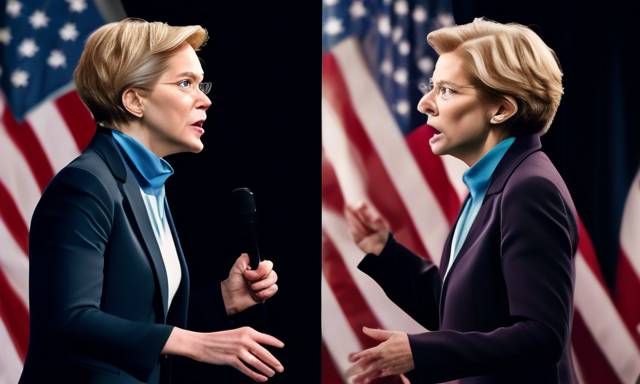🚨 TikTok Under Investigation for Crypto Exchange-like Operations in the UK
This year, the popular short-form video platform TikTok is facing increasing scrutiny as allegations arise that it operates similarly to a cryptocurrency exchange in the UK. Concerns have escalated to the Financial Conduct Authority (FCA) following a compliance expert’s warning about potential money laundering and terrorist financing activities associated with TikTok.
💳 Understanding TikTok’s Virtual Currency System
The source of the scrutiny revolves around TikTok’s virtual currency, known as TikTok Coins. Users can purchase these coins using real money, which they can then gift to creators during live streams or other interactions on the platform. Importantly, users may also have the ability to convert these coins back into cash. This functionality closely resembles operations seen in the cryptocurrency sector.
As a result, concerns have arisen regarding regulatory compliance. The operations of crypto platforms are subject to rigorous oversight, and critics believe that TikTok’s approach to virtual currencies may bring about similar regulatory challenges. Furthermore, questions about the safeguarding of users’ financial data have been amplified, particularly considering the current geopolitical climate.
- Key issues include:
- TikTok’s impact on money transmission
- The security of users’ financial data
🧐 Implications of FCA’s Regulatory Actions on TikTok Coins
The compliance consultant cautioned that without necessary anti-money laundering (AML) registrations, there are substantial uncertainties regarding the origins of funds used to purchase TikTok Coins. The consultant’s letter also stressed that according to the FCA’s guidelines, TikTok could indeed be classified as a money service business (MSB). This designation carries specific compliance obligations related to AML and counter-terrorism financing, which include requisite registration and reporting to relevant authorities.
This year, the FCA has been actively targeting crypto firms that fail to adhere to new financial promotion rules introduced the previous October. This initiative has resulted in over a thousand warning letters being issued, signaling a strong, ongoing commitment to curtail the activities of unregistered crypto entities providing illicit services within the UK.
🔍 Potential Outcomes for TikTok’s Operations
The FCA’s regulatory framework is stringent and far-reaching, shedding light on various sectors and their interactions with financial regulations. The implications for TikTok could be profound, potentially affecting how users engage with the platform’s currency system. Not meeting compliance standards may result in pushback from regulators or even severe penalties.
With the proliferation of digital payment systems and virtual currencies, the dichotomy between social media platforms and traditional financial regulations continues to blur. TikTok may find itself at a critical junction where it needs to clearly define its role amidst these evolving regulations.
- The key considerations for TikTok include:
- Compliance with AML and counter-terrorism laws
- Transparency regarding the sources of funds
- Protection of users’ financial and personal data
📝 Final Thoughts: Regulatory Landscape Ahead for Platforms Like TikTok
This year marks a pivotal moment for social media platforms such as TikTok as they navigate the complex regulatory landscape surrounding virtual currencies. The outcome of this scrutiny could set important precedents for how tech companies manage virtual currencies and user transactions. The FCA’s rigorous approach to financial compliance emphasizes the need for platforms to ensure they align with legal standards and safeguard consumer interests.
As discussions around cryptocurrency and regulatory compliance continue to heat up, staying informed and prepared will be essential for platforms engaging in the virtual currency sphere. How TikTok addresses these challenges could ultimately shape its future operations and its relationship with its user base.
🔥 Hot Take: The Importance of Compliance in the Digital Age
The scrutiny placed on TikTok serves as a wake-up call for many digital platforms. It highlights the necessity of adhering to regulatory frameworks designed to prevent illegal activities such as money laundering. As digital and traditional financial landscapes converge, establishing a compliant and secure environment will be vital in maintaining users’ trust and fostering sustainable growth.
- Key takeaway:
- Compliance is not just a legal obligation but a fundamental component of a trustworthy digital ecosystem.





 By
By
 By
By
 By
By
 By
By
 By
By
 By
By